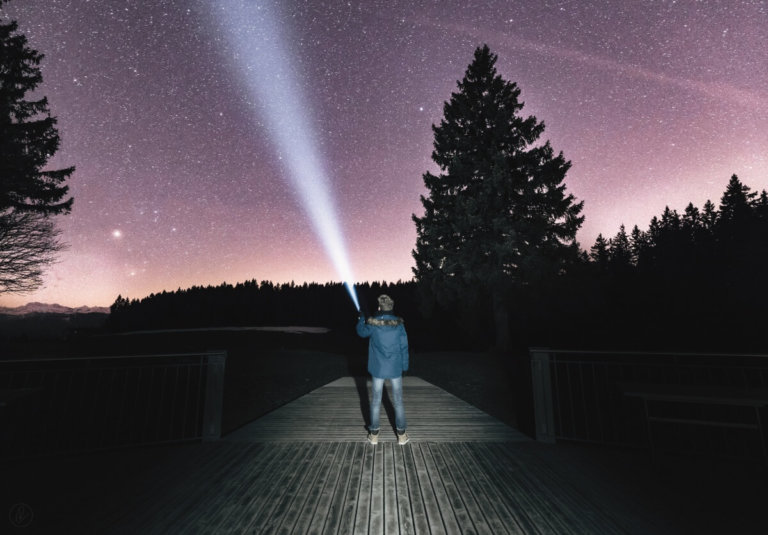After several weeks of ideation and frustration, I have recently found greater clarity regarding my REDI Lab project. Starting from the beginning of the trimester I had a clear understanding of why my project needed to be done. Why do I need to do a particular thing, not what I would do or how I would do it. My “why” involved the age-old questions: What is the truth and how can people seek out what is true?
Starting from the the very relevant issue of fake news, I looked for ways that I could contribute
to improving people’s access to the truth. I considered the prospect of creating a deep learning algorithm that could assess the credibility of a news article (this has already been done). I then looked towards completely redefining the ways in which people interact with the news. Not yet completely satisfied with what I was doing, I considered more opinions like updating ancient religious texts to make their teachings more accessible to the modern world.
Throughout this process I landed upon what my project needed to achieve. I discovered that a common theme throughout these various ideas involved having people seek out the truth for themselves. As a result, I defined what I needed to do as creating a framework that would help people become better critical and aware thinkers in order to help them find the truth for themselves.
I am currently exploring using puzzles and critical thinking tasks, in book or application format, to help people develop the intangible thinking skills necessary to decipher the truth for themselves. After preliminary research, I found many resources that simply listed or preached skills necessary to become a critical thinker. I recently read a New Yorker article that touched upon Gilbert Ryle’s distinction of two kinds of knowledge. The British philosopher claimed that there was “knowing that” (knowing facts) and “knowing how” (knowing skills). The articles that I found were great example of “knowing that” — an excessive collection of ideas that told the reader what to do.
With my project I hope to fill the void of resources that help people “know how” to be critical thinkers, something that cannot be learned through reading self-help articles. I believe that the experiential process of problem solving through puzzle and critical thinking tasks will guide others to truly know how to view the world from a critical, multidimensional lens. I am looking forward to doing more research and nailing down the details of my project. If the next few weeks are anything like the last, it is quite possible that this current line of work and thinking could lead me to unexpected insights and improvements!

